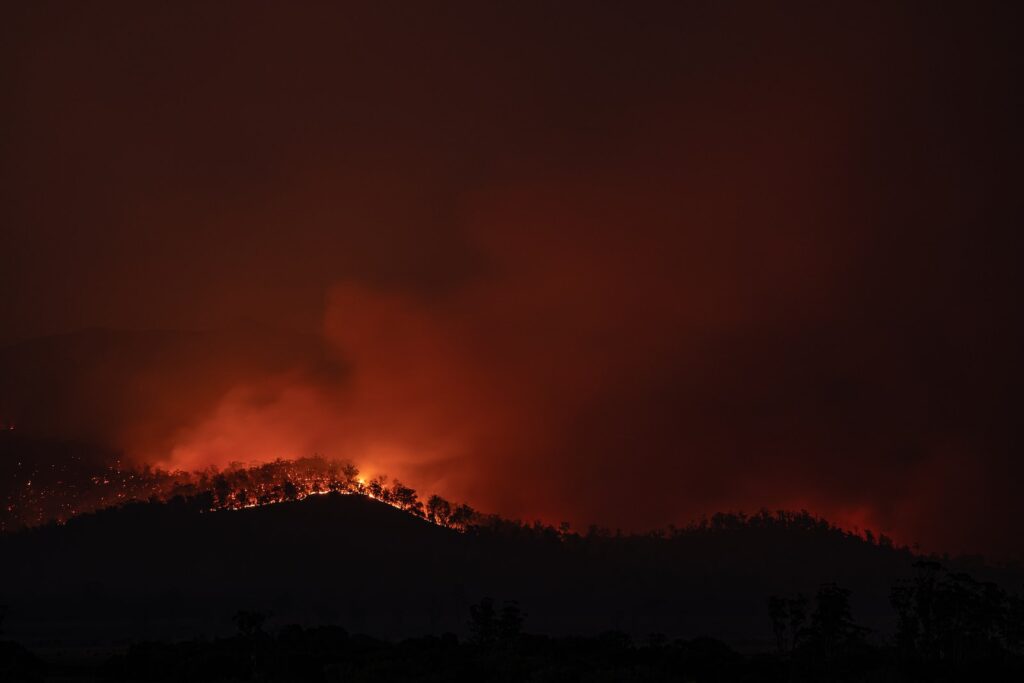Regions of Australia may be most at risk from climate crisis
Plants and ecosystems in Australia may be declining faster than other parts of the country, a new study has found.
Western areas of southeastern Australia could face the brunt of the environmental crisis, including the states of Victoria and Tasmania, in the coming decades.
A new study, led by The Australian National University (ANU), compared the traits of plants currently growing here, compared to what species grew in this region in the past 12,000 years.
Key characteristics included the height of plants, surface area of the leaves and the size of their seeds which revealed how species had adapted to their environment.

According to the lead author, Dr Matthew Adeleye, said many Australian ecosystems are already struggling with habitat loss and extinction.
‘Plants in these areas tended towards less productive growth strategies – or mechanisms to reproduce and survive in the harsh landscape. This trend will likely continue under expected more frequent droughts over coming decades,’ he said.
Adeleye and his team discovered that plants in southeast Australia were functionally diverse and had more productive growth strategies up until around 6,000 years ago.
‘Drier and unstable conditions over the last 4,000 years have triggered a marked change in plant function in some of the area’s ecosystems, including in western Tasmania’s World Heritage rainforest,’ he added.
‘Some of the benefits provided to humans by areas like western Tasmania’s rainforest may decline faster compared to other parts of Australia.’
The country has suffered from a bought of extreme weather, featuring catastrophic wildfires and flooding, in recent years.
After years of inaction from former prime minister Scott Morrison’s government, the new Labor government has made some progress by pledging to reduce carbon emissions by 43% by 2030 and reach net zero by 2050.
Photo by Matt Palmer















